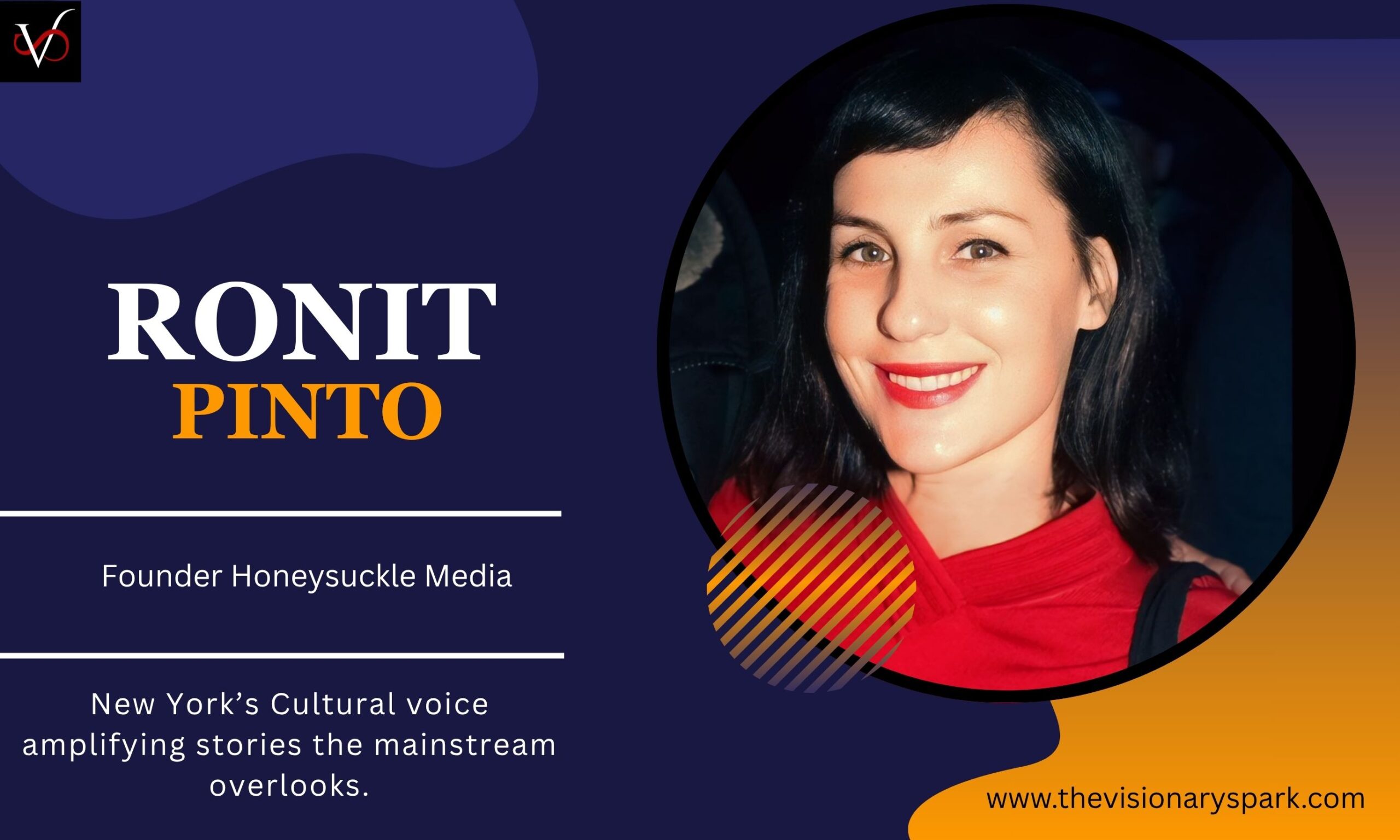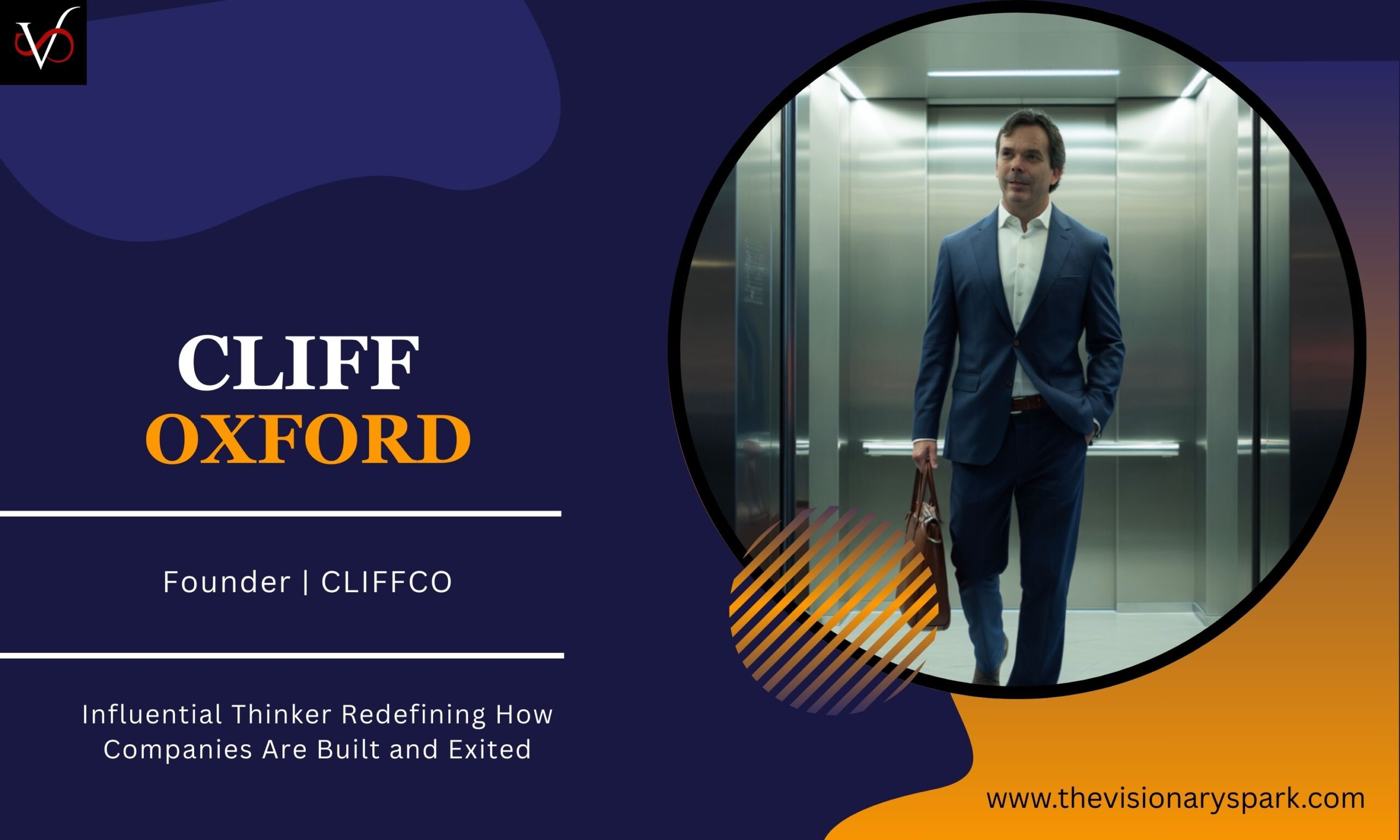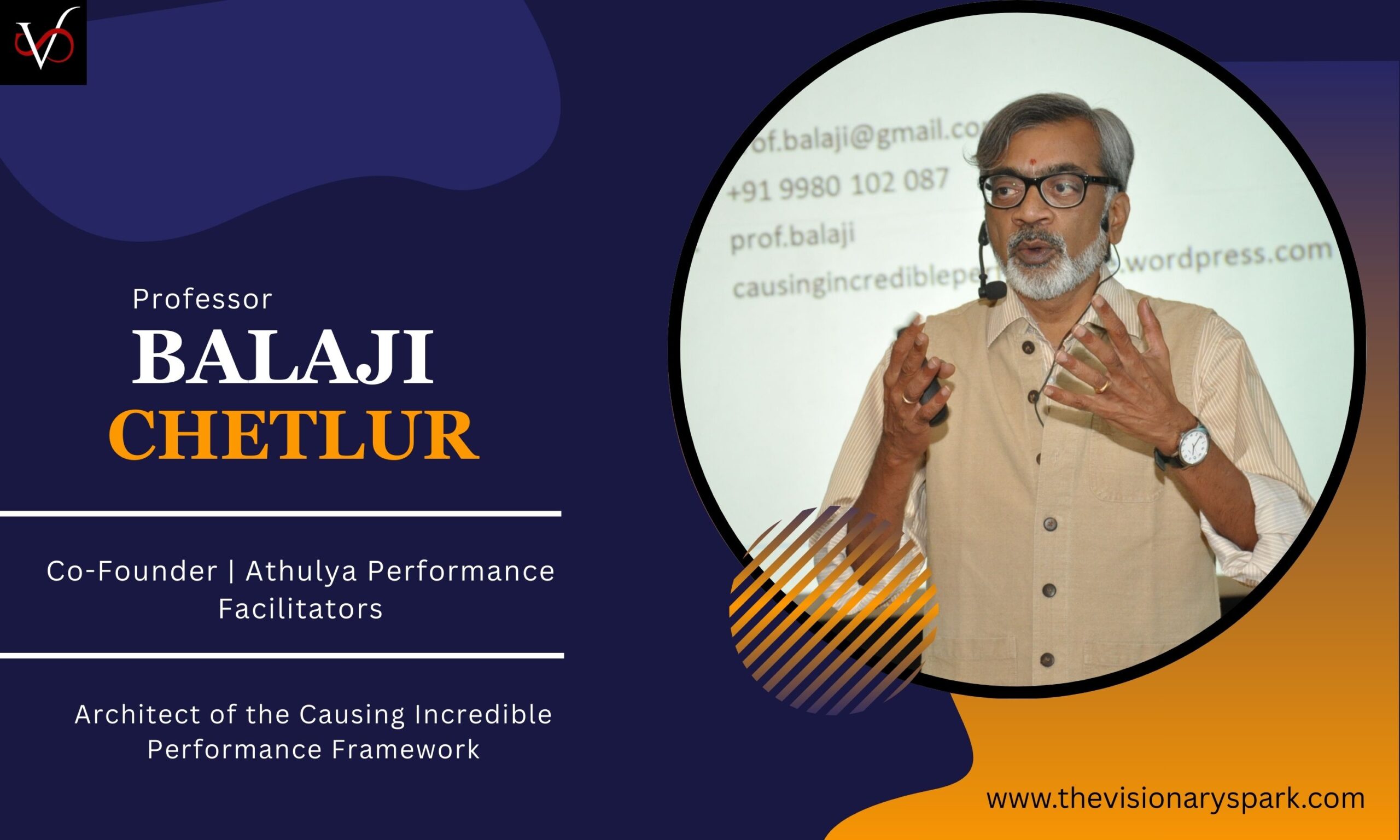Origins & Vision
When Ronit Pinto launched Honeysuckle, it was less a calculated business move and more a leap of faith into uncharted territory. From the beginning, her intention was clear: to create an independent platform that would give space to the stories mainstream outlets ignored, and to tell them with a cultural integrity often missing in traditional media. Over the past eleven years, that vision has blossomed into a multi-platform media house that now spans print, digital, film, experiential campaigns, and ad-tech. Honeysuckle has become a recognized force in shaping conversations at the intersection of culture and commerce—whether through one of Times Square’s largest cannabis billboard campaigns highlighting minority-owned brands, Clio Award-winning creative projects, or international coverage extending across Europe, Israel, and Asia. What began as an experiment, uncertain in its trajectory, has evolved into an established brand with measurable impact and a distinct cultural footprint.
That commitment to fearless storytelling has deep personal roots. Pinto’s background in art and magazine publishing, followed by work in film, taught her how to merge aesthetics with narrative impact—a balance that remains central to Honeysuckle’s editorial identity. Having lived in different cities, she developed an ability to adapt quickly and to build from moments of uncertainty, skills that later proved invaluable in media entrepreneurship. Creatively, she drew inspiration from works that did not flinch from reality. Books like Manchild in the Promised Land and films such as Christiane F. revealed to her that storytelling could be both disruptive and transformative. “Those lessons,” she reflects, “helped shape Honeysuckle’s editorial voice: fearless, culturally literate, and focused on truth.” It is this combination of artistry, adaptability, and uncompromising honesty that has defined Honeysuckle’s evolution—and Pinto’s own journey as a media leader.
Storytelling & Purpose
For Ronit, the heartbeat of Honeysuckle has always been its commitment to spotlighting the voices and communities that mainstream media too often overlooks. The stories that find their way into Honeysuckle’s pages and platforms are not chosen by trend or convenience, but by their cultural resonance and ability to shape conversations in overlooked spaces. “We focus on people who are actively shaping culture but aren’t yet recognized in mainstream narratives,” Pinto explains. That might mean equity entrepreneurs breaking barriers in cannabis, artists pushing subcultures forward, or innovators driving change within niche ecosystems of demographics. Honeysuckle’s coverage of New York’s first wave of equity dispensary owners is a powerful example: narratives that offered visibility, credibility, and legitimacy at a time when traditional outlets were not paying attention.
Among the many campaigns Honeysuckle has championed, one continues to stand as a defining moment for Pinto—the compassionate release campaign for DaReta Gail Stevenson. Stevenson, incarcerated for over two decades and suffering from life-threatening health conditions, became a symbol of both injustice and resilience. By shining a light on her story, Honeysuckle helped mobilize public pressure and advocacy for her release. For Pinto, it was a turning point that reinforced Honeysuckle’s larger mission. “That moment crystallized what Honeysuckle is about,” she reflects. “Media not just as observation, but as intervention—capable of shaping real outcomes.” It underscored the transformative potential of storytelling when it is wielded with courage and purpose.
Yet while Honeysuckle is rooted in cultural critique, it also operates with an eye toward commercial sustainability—a balance that Pinto has carefully cultivated. She points to the Times Square cannabis billboard campaign as an example of how authenticity can be both symbolic and financially effective. The campaign, which featured minority-owned cannabis brands, not only disrupted nearly a century of advertising norms but also generated real ROI for the businesses involved. For Pinto, this proves that cultural credibility and business impact are not mutually exclusive but deeply intertwined. “Authenticity creates stronger engagement,” she emphasizes, “and that engagement fuels both revenue and long-term sustainability.” In her hands, storytelling becomes a bridge—one that connects culture and commerce while never losing sight of its deeper responsibility to drive change.
Leadership & Creativity
For Ronit, there is no divide between creativity and business; the two are woven together as the foundation of her leadership. Every Honeysuckle campaign, she explains, begins with storytelling. That narrative is not just an artistic flourish—it is the spark that engages audiences, partners, and communities. Yet Pinto is equally clear that vision alone isn’t enough. To deliver at scale, she applies the discipline of business: budgets, timelines, ROI, and strategy. In her view, the balance is natural. “Great storytelling is what makes great business possible,” she reflects, a principle that has guided Honeysuckle from its earliest experiments to its most ambitious international campaigns.
Sustaining that creative energy in a media landscape that evolves at dizzying speed requires more than instinct—it demands adaptability and perspective. Pinto embraces reinvention as a constant, staying open to new approaches and technologies while always asking hard questions about what is working and what needs to pivot. She credits her collaborators across industries for keeping Honeysuckle’s ideas fresh. “We thrive when multiple perspectives collide,” she notes, underscoring her belief that creativity flourishes not in silos but at intersections where diverse voices meet.
Leadership, however, has also meant making difficult choices—sometimes ones that threatened short-term growth. Pinto recalls that one of her hardest decisions as a founder was turning down partnerships that didn’t align with Honeysuckle’s values. Early on, the temptation to seize every opportunity was strong, but she recognized that compromising the brand’s mission for the sake of expansion would erode its core identity. “Saying no taught me that protecting our mission leads to stronger long-term outcomes,” she says. Today, that commitment to integrity shapes every deal Honeysuckle makes, ensuring that its creative voice and business direction remain inseparable from the values on which it was built.
Social Impact & Recognition
For Ronit, recognition has never been about accolades or titles—it has been about impact. While Honeysuckle’s work has earned acknowledgment from lawmakers for its groundbreaking cannabis coverage, Pinto admits that the most meaningful validation comes directly from the communities the magazine serves. She recalls moments when equity dispensary operators shared that Honeysuckle’s coverage brought them new customers and much-needed credibility. For her, that was the kind of acknowledgment that mattered most: tangible proof that the work was not only being seen but was actively shaping outcomes in real time. “Impact matters more than titles,” she emphasizes, a conviction that continues to guide her editorial and business choices.
That belief was brought into sharp focus during Honeysuckle’s involvement in the compassionate release campaign for DaReta Gail Stevenson, an incarcerated woman battling life-threatening illness. By spotlighting Stevenson’s case, Honeysuckle helped shift public perception and build pressure for her release. The campaign became a defining experience for Pinto, one that illuminated the true power of independent media. “It taught me that independent media can function as an active force for justice,” she reflects. By strategically telling Stevenson’s story, Honeysuckle was able to move beyond observation and into the realm of intervention—demonstrating that storytelling, when wielded with intention, is both cultural and political power.
This philosophy also shapes how Pinto defines success. For her, success is layered, never measured by a single metric. Reach matters—she points to Honeysuckle’s Times Square billboard campaigns that captured the attention of millions. Impact matters—the magazine’s Clio Award-winning projects proved that independent voices could compete at the highest creative levels. But the ultimate measure, Pinto insists, is change. Did a story help shift policy? Did it contribute to someone’s freedom? Did it grow a brand’s business in ways that supported equity and inclusion? These are the questions that anchor her work. “We aim for all three,” she says, “but real-world change is the most lasting.”
Breaking Boundaries
When Honeysuckle unveiled one of New York City’s largest cannabis and minority-owned brand billboard campaigns, it wasn’t just a milestone for the publication—it was a declaration. For Ronit, the sight of minority-owned businesses lit up across Times Square was proof that independent media could hold its own against the might of global agencies. It validated Honeysuckle’s vision of merging culture with commerce at scale and crystallized the idea that visibility translates into both symbolic and economic power. The campaign marked a turning point, signaling not only what was possible for the brands involved, but also what an independent platform could achieve on the world’s biggest stage.
Breaking boundaries has always been part of Pinto’s journey, but doing so as a woman founder in the media industry came with its share of obstacles. Chief among them was access to capital—a hurdle that many women-led ventures face. Without the cushion of outside investors, Honeysuckle was forced to innovate from necessity, building with strategy, creativity, and relentless grit. What seemed like a limitation soon became an unlikely advantage. By designing lean, high-ROI models, Pinto and her team developed a sharper competitive edge. That constraint ultimately baked resilience and independence into the DNA of the brand. In Pinto’s words, the challenge became a gift: a reminder that true power often lies in the ability to turn barriers into opportunities.
Beyond Honeysuckle
For Ronit, inspiration often comes from unexpected sources. One of the works that has most deeply influenced her is The Agony and the Ecstasy, the story of Michelangelo and his struggle between boundless creativity and the constraints imposed on him. To Pinto, the tension at the heart of Michelangelo’s journey mirrors the reality of leading independent media: a constant dance between vision and limitation. Like the Renaissance master, she finds that the push and pull between imagination and constraint is not a hindrance but a catalyst—a force that sparks innovation and drives Honeysuckle to keep breaking new ground.
Yet, even visionaries need balance. Away from deadlines and campaigns, Pinto seeks grounding in the simplest of rituals: walking, immersing herself in nature, and losing herself in music. These practices act as touchstones, moments of quiet that restore clarity and perspective. They remind her that while the work carries immense meaning, it is part of a much larger flow of life. It is in these pauses—between the rhythm of footsteps, the stillness of landscapes, or the harmony of a melody—that Pinto reconnects with herself, ensuring her creative energy remains both sharp and sustainable.
Future & Legacy
As the media landscape accelerates into an age defined by AI and algorithm-driven platforms, Ronit Pinto sees independent media standing at a critical crossroads. For her, survival and influence hinge on doubling down—not on technology itself, but on authenticity. Algorithms may optimize reach, and AI can scale distribution, but Pinto believes what truly cuts through is lived experience and cultural insight. “Technology is a tool,” she emphasizes, “but human truth is irreplaceable.” For Honeysuckle, the future lies in using technology not as a substitute for voice, but as an amplifier that carries stories rooted in integrity across global audiences.
When asked what conversation she would spark on a global stage, Pinto’s response reveals the ethos that has long shaped her work: that culture, commerce, and creativity are inseparably linked. Whether it’s cannabis reform, groundbreaking art, or digital innovation, she argues these intersections don’t just inform how we live—they define it. Honeysuckle’s mission, then, is to illuminate these connections and move them boldly into the spotlight, shaping how industries, communities, and individuals see themselves in the larger cultural narrative.
Looking ahead, Pinto hopes Honeysuckle’s legacy will be remembered as a living testament to the power of independent media. To her, impact is measured not only in campaigns or accolades, but in proof that truth-telling and integrity can coexist with global reach and commercial success. She envisions Honeysuckle as a brand that dared to amplify marginalized voices, launched globally recognized campaigns, and reshaped cultural conversations without ever compromising its core values. On a more personal note, she hopes her own legacy will be a reminder that bold, lasting work can be built without waiting for permission—or relying on outside validation.







Leave a Reply